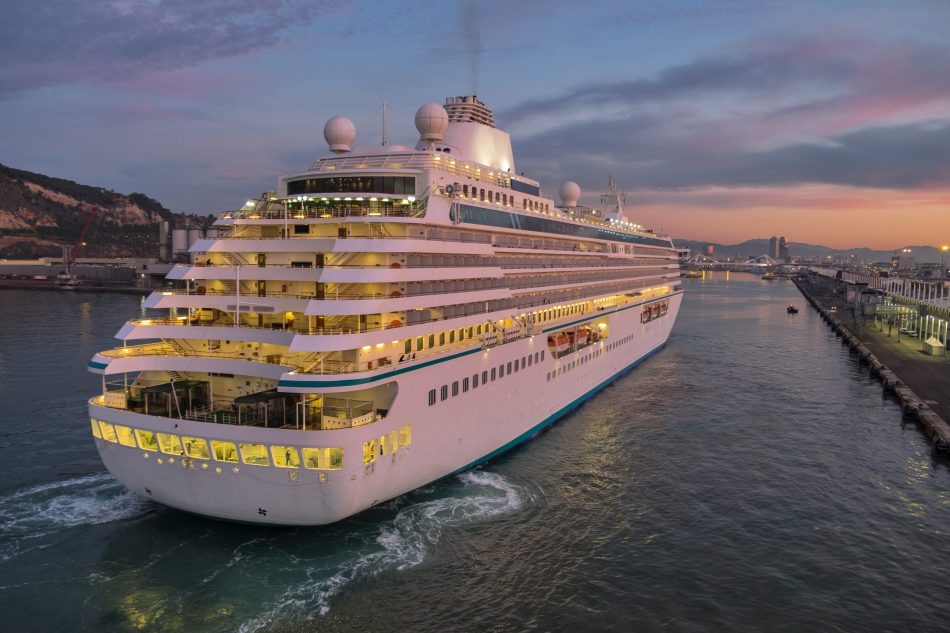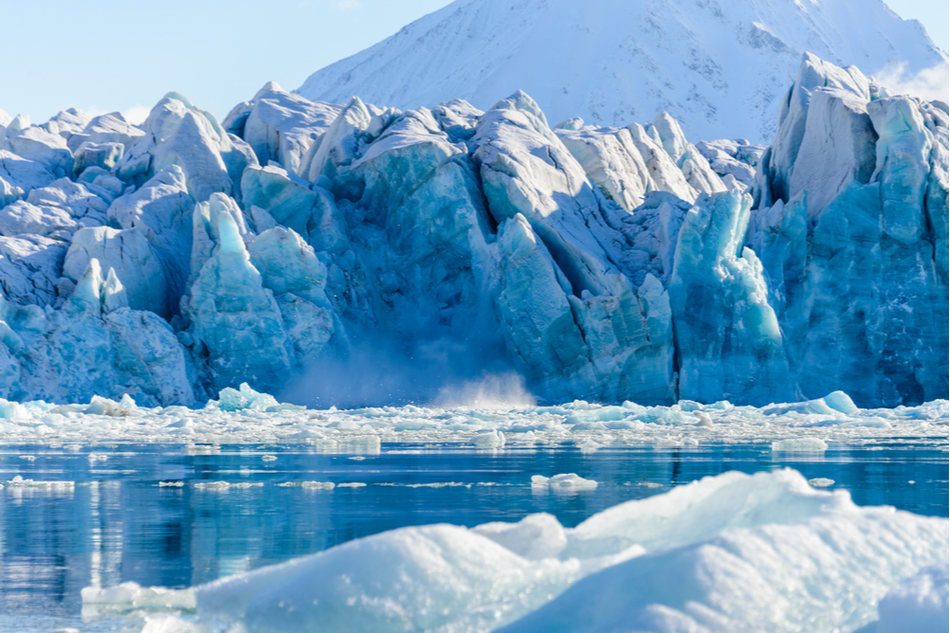Oceans
From tackling marine plastic pollution to coral reef restoration, learn about humanity’s latest efforts to protect ocean habitats and marine wildlife.

7 tips to kickstart your Plastic Free July
The Plastic Free July initiative first began in 2011, and since then the campaign has grown so much that in 2017, the founder of the movement, Rebecca Prince-Ruiz, set up the Plastic Free Foundation Ltd. This foundation is an independent non-profit charity striving for a future that is free of Read More...

Here’s why you should wash your clothes with cold water
Washing your clothes with hot water may be an effective way to remove stains, but doing so with every laundry batch takes its toll on the environment. About 90 percent of a laundry machine's energy use goes towards heating up the water. As a result, home laundries in the US are responsible for Read More...

How to throw an eco-friendly wedding
Many couples who had planned their weddings for 2020 and 2021 were forced by Covid-19 lockdowns and restrictions to postpone their celebrations til this year. Now, it’s wedding season again and love is in the air. But you know what else is in the air? Planet-warming co2 emissions, smog, and Read More...

Crab Trapper Whiskey: capturing invasive species and putting them in whiskey
An occasionally neglected fact of conservation is the encroachment of invasive species. Some non-native animals can wind up consuming all available resources for endangered species, and sometimes the endangered species themselves. This was the case with the lionfish, which Florida fishers addressed Read More...

White House and 11 East Coast states partner to bolster offshore wind power
On Thursday, the White House announced that it will partner with 11 East Coast states to bolster offshore wind energy. This arrangement, called the Federal-State Offshore Wind Implementation Partnership, will help to reach national climate goals of 30 megawatts of offshore wind energy by 2030. Read More...

Robot fish repairs itself with microplastics it collects
Microplastics are one of the most pervasive environmental and health issues of our time. And environmental engineers and researchers are working nonstop to address this, with enzymes, superworms, okra, and more. Now, scientists from Sichuan University have developed and programmed a tiny robot Read More...

Barcelona plans to limit docking of cruise ships
You’d think thousands of travelers disembarking from cruise ships in Barcelona would be a good thing for the city. However, these tourists coming in from the many yearly cruise liners don’t book accommodation, don’t spend as much as you’d think, and contribute to city congestion. The huge Read More...

New York Harbor: an unexpectedly popular feeding ground for dolphins
The Wildlife Conservation Society (WCS) released a new study that reveals some surprising news about the New York Harbor—it’s an unexpectedly popular feeding ground for bottlenose dolphins from spring through fall. At a glance, the New York Harbor seems anything but ideal for dolphins. Read More...

Gaza beachgoers enjoy crystal clear waters for the first time in years
People in the Gaza Strip who wanted to take a refreshing dip while visiting the city’s beaches would be hard-pressed to actually get into the water. Beachgoers who did brave the waves would sometimes end up getting ill due to the untreated sewage that was flowing straight into the waters off Gaza Read More...

Scientists discover surprising creatures 1,600 feet beneath Antarctica
Scientists seeking to study how the river in the Ross Ice Shelf in Antarctica has been impacted by climate change were surprised to find a lot more than they bargained for. While on the mission, the team (made out of professors and experts from a range of universities and organizations) found Read More...


